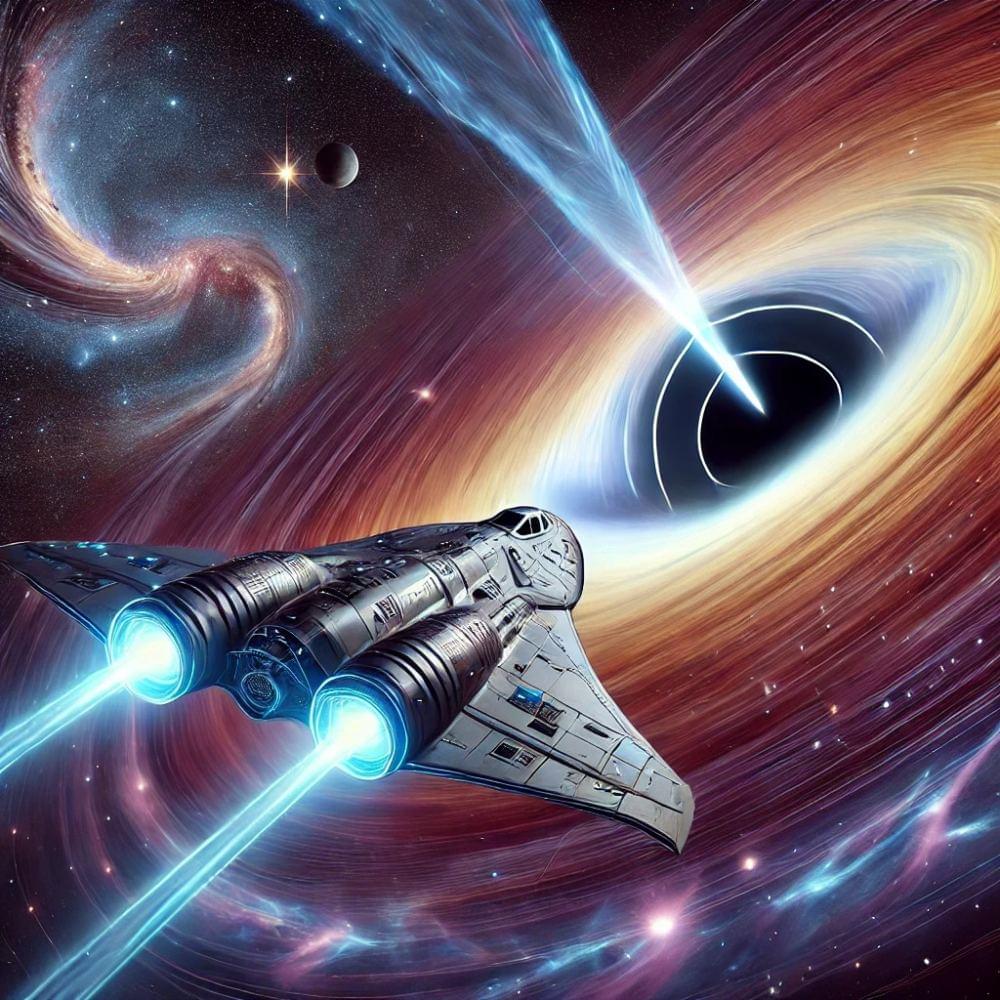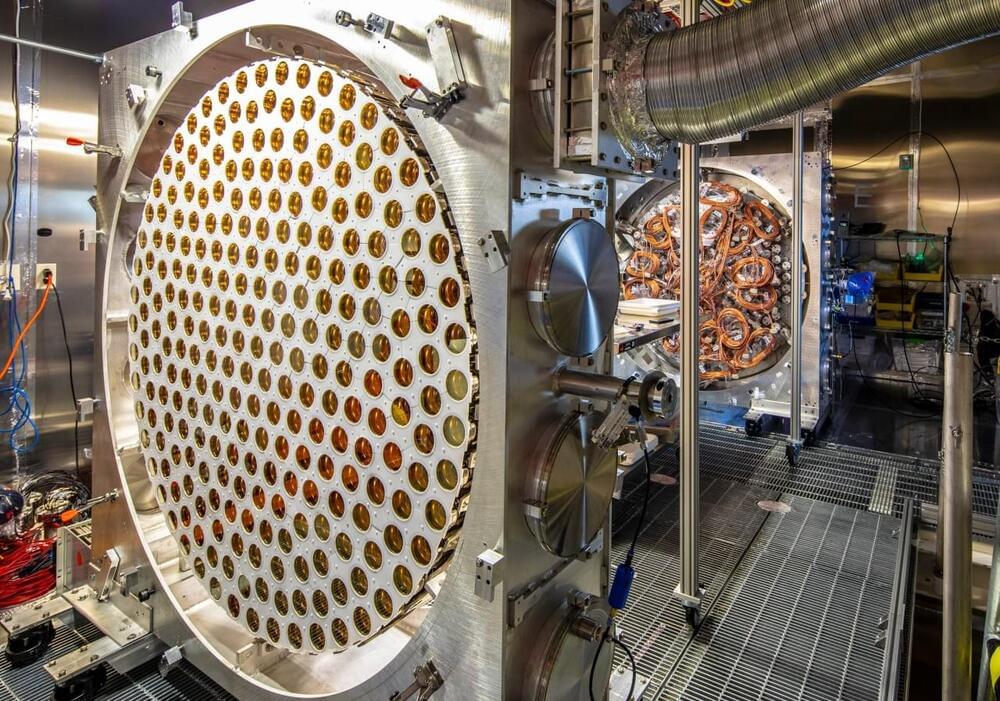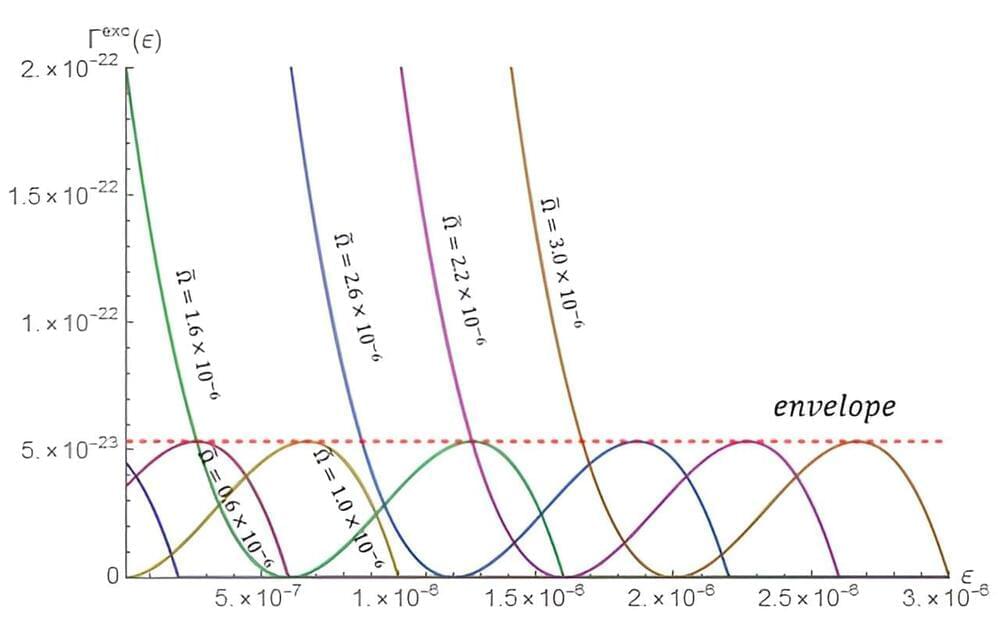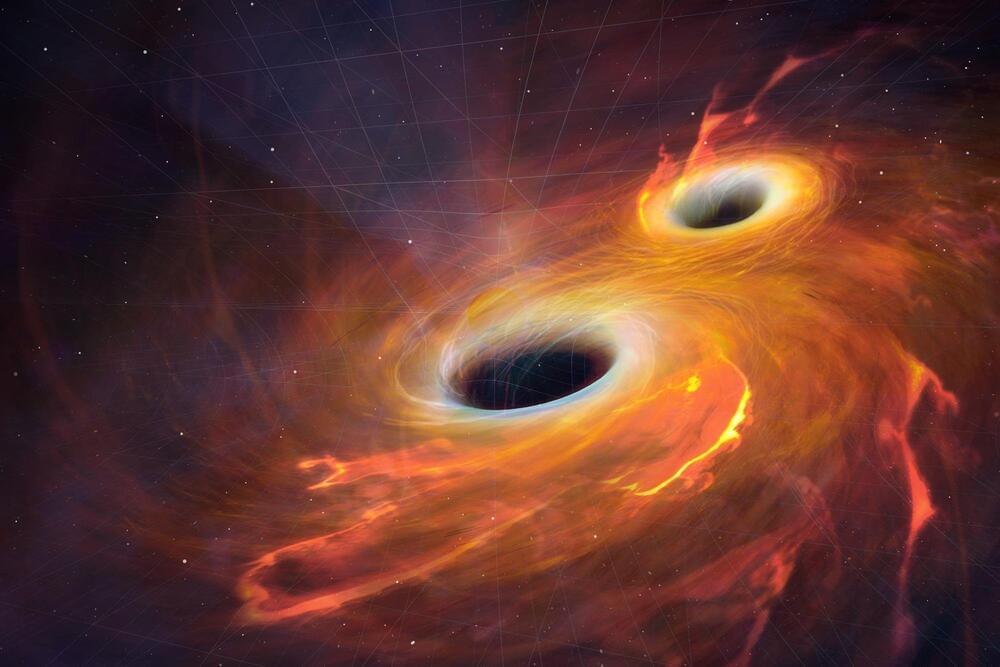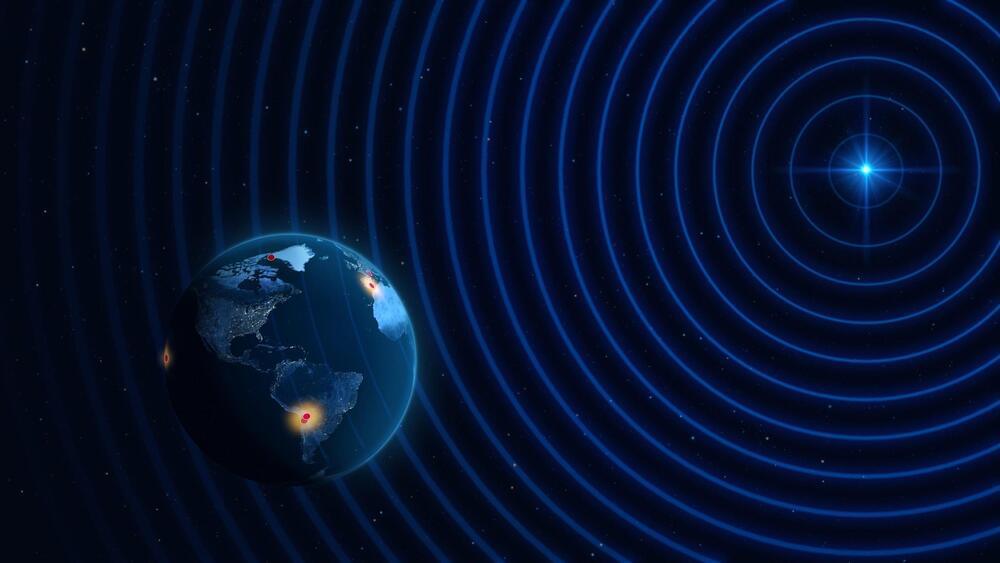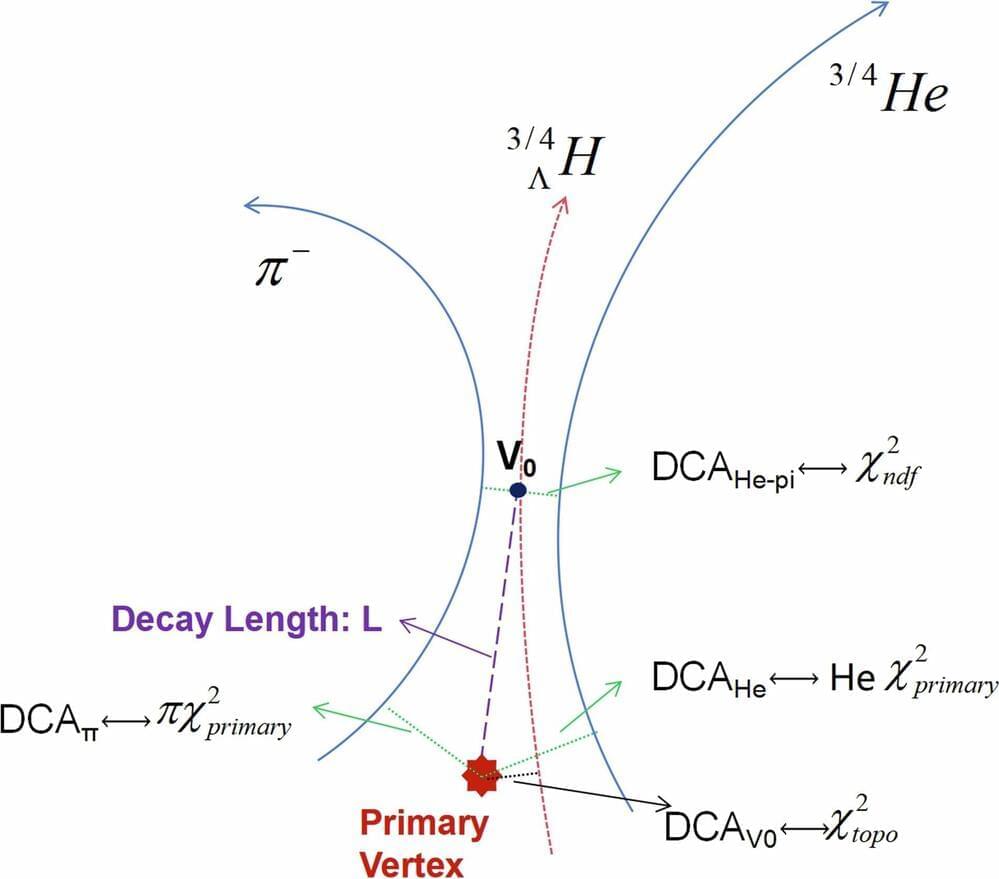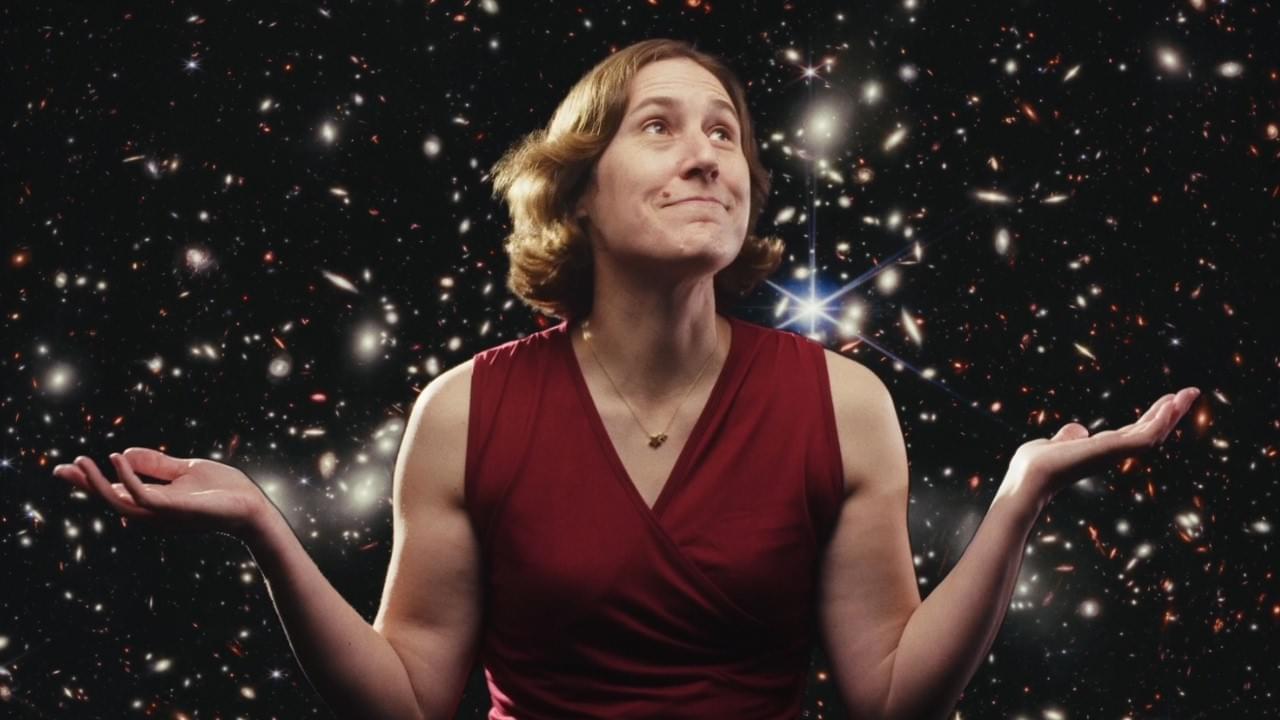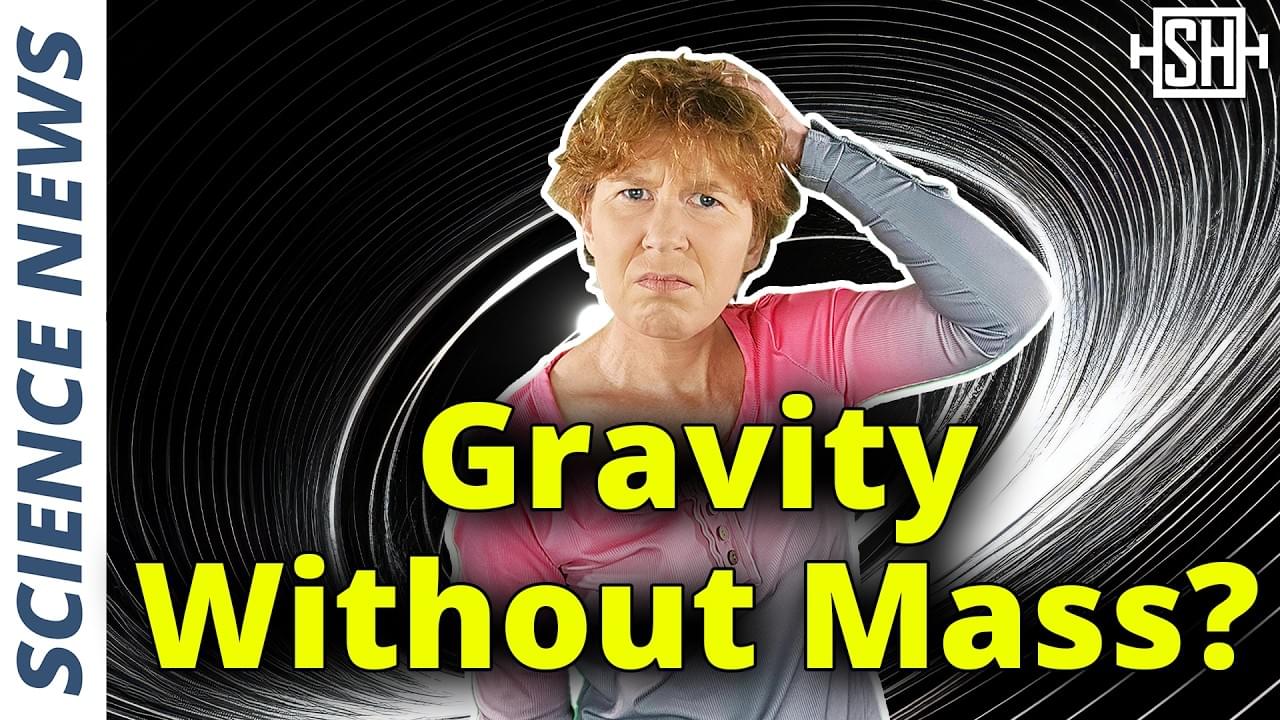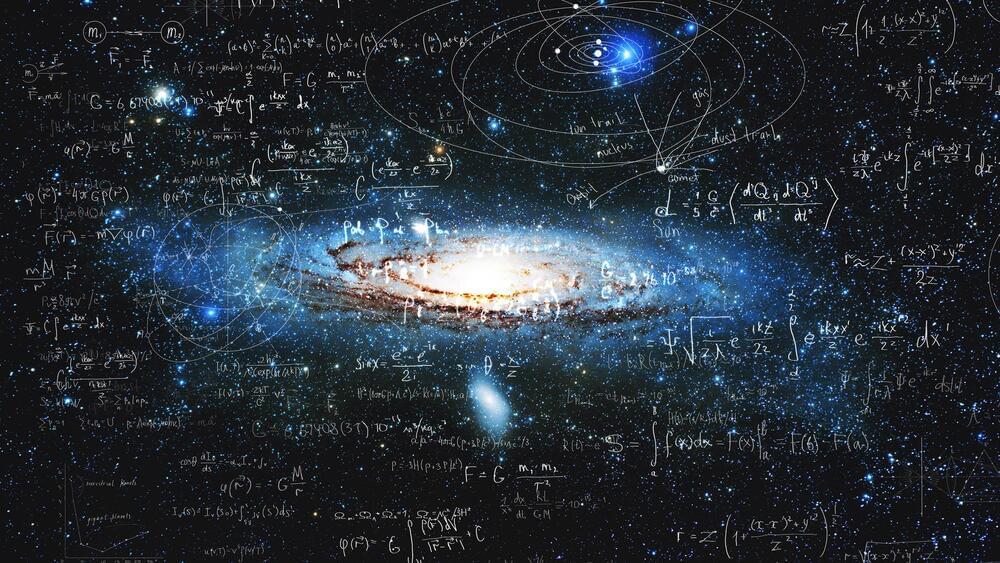
Scientists may have found a new way to unlock the vast secrets of the Big Bang—the cosmic event thought to have kicked off the expansion of the universe billions of years ago. The revelation came in 2023, when scientists found nearly imperceptible ripples within the very fabric of space and time as we know it.
The ripples appear to be associated directly with rapidly spinning neutrons that we call pulsar timing arrays. Researchers believe that studying gravitational waves—more specifically, the low-frequency background hum they emit—may allow us to learn more about the Big Bang and the universe’s very beginning.
For a long time, researchers have believed that the low-frequency background hum of gravitational waves in our universe was part of a “phase transition” that occurred just after the Big Bang. However, a new bit of research could further unlock the secrets of the Big Bang and suggests that this might not be the case at all.
